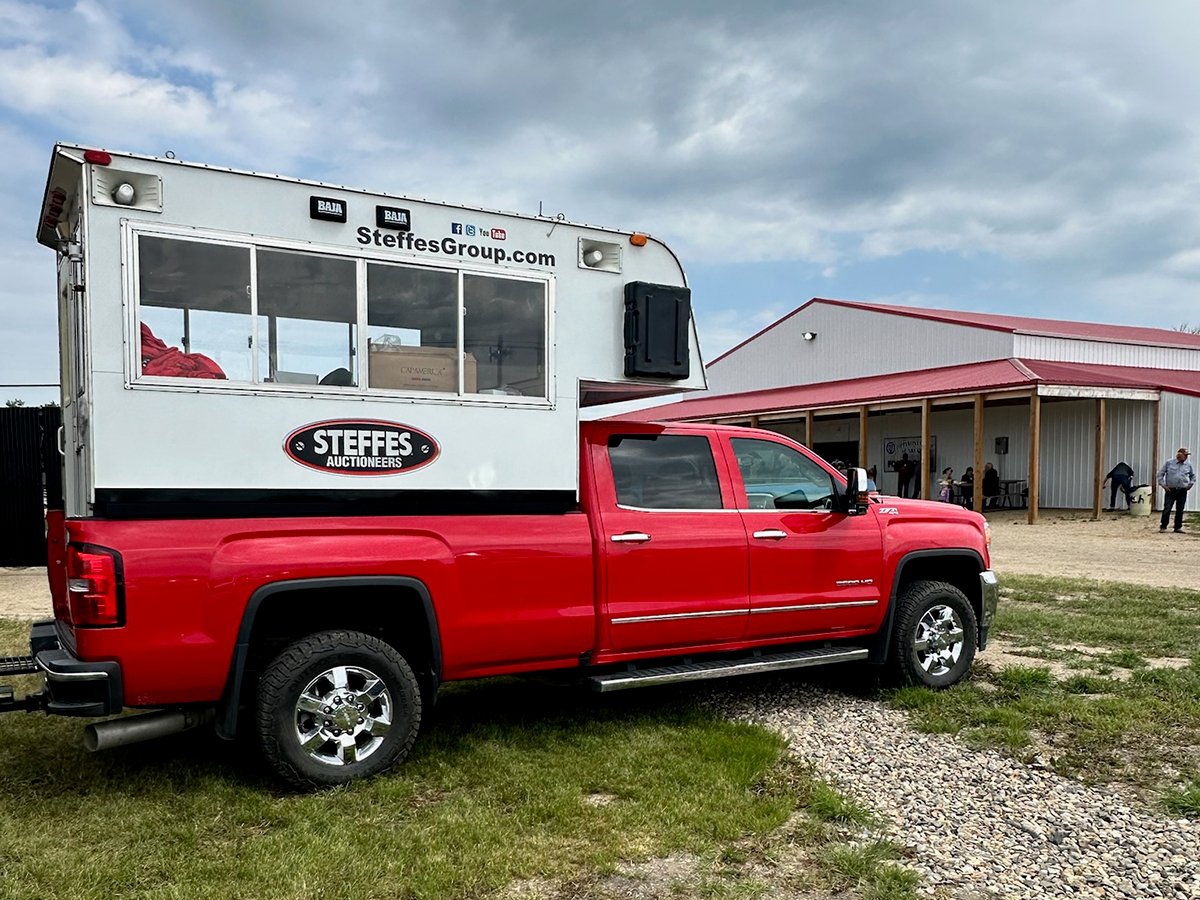FREDERICTON, N.B. — Discussing domestic violence is important in farming communities where religious faith is often stronger and women turn to the faith community for help, said researcher Nancy Nason-Clark.
“Women of faith often feel greater shame and have a strong sense of responsibility to keep the family together,” said the acting director of the Muriel McQueen Fergusson Centre for Family Violence Research. “It’s important to help women understand that’s not what is expected of them.”
A speaker at the Federated Women’s Institutes of Canada triennial convention here in June, she said religious leaders need help so they are not working in isolation but with a co-ordinated community response that includes the criminal justice system, advocacy groups, transition houses, therapeutic assistance and social workers.
Read Also

Farm auctions evolve with the times
Times have changed. The number of live, on-farm auctions is seeing a drastic decline in recent years. Today’s younger farmers may actually never experience going to one.
“The faith community is not the only response but is part of the response,” Nason-Clark said. “Religious leaders have an important role to play.”
That includes putting information about domestic violence in church washrooms, discussing domestic violence when conducting premarital counselling and talking about abuse with youth groups “so it is on the radar screen of faith communities.”
Nason-Clark shared some of her research results on violence in families of faith as well as strategies for religious communities to use to combat the problem.
“There’s been a holy hush,” Nason-Clark said. “In many religious contexts, the subject is not raised or conveniently not discussed.”
During its meeting, FWIC passed a resolution to lobby government for more women’s shelters and transition housing across the country.
“It’s a sad need, but we know it’s there, and we want our voice to support the Transition House Association across Canada so that more housing can be provided,” said Marie Kenney, FWIC president.














